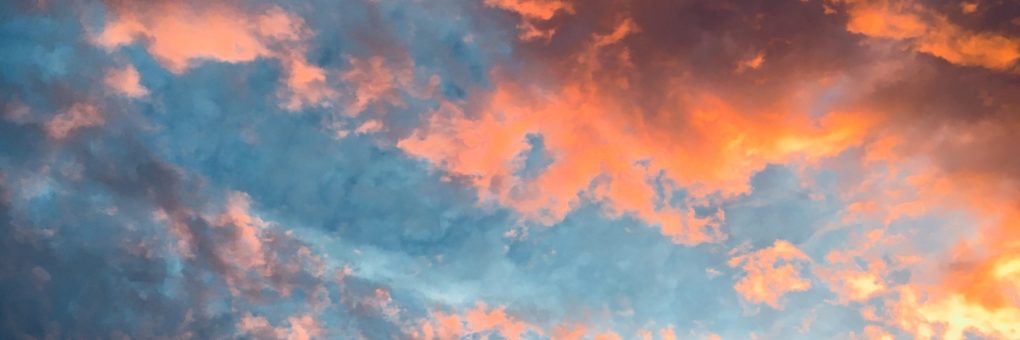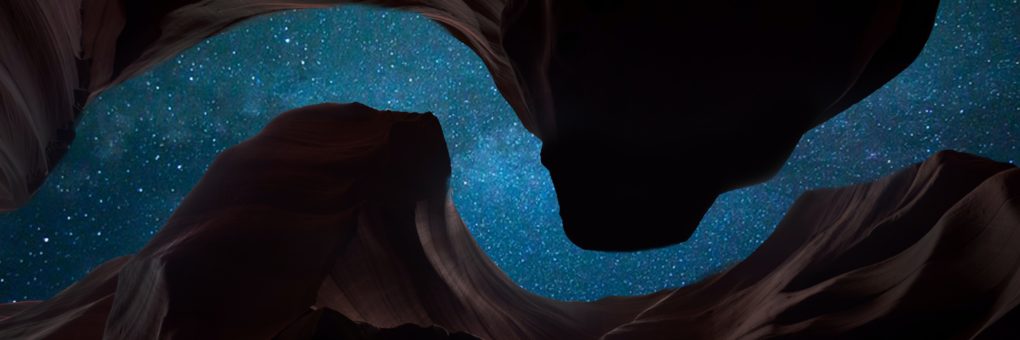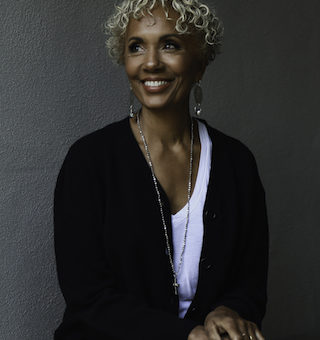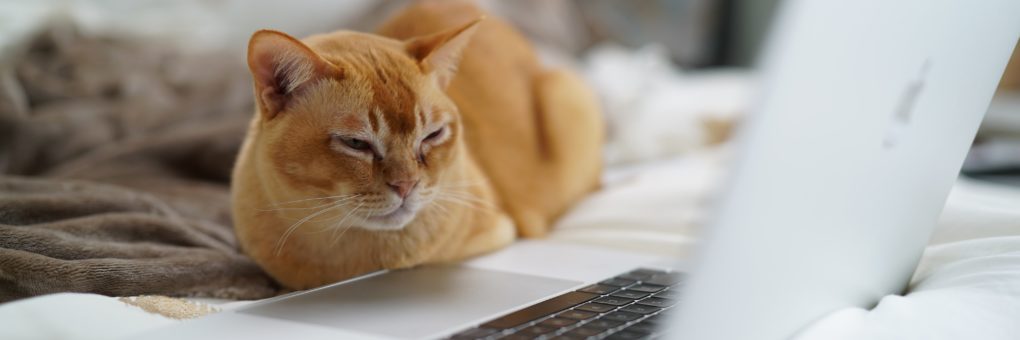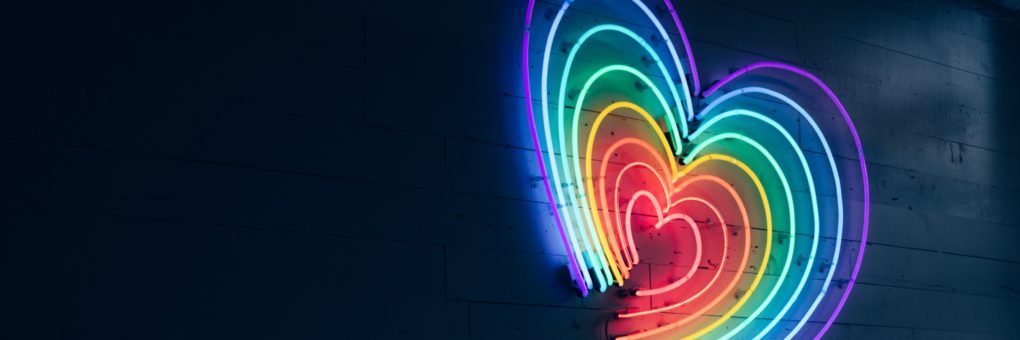At the end of my 2nd Blog Post on Boredom, I shared that today’s post would be a conversation with Dr. Cio Hernandez about the statement, “Only dumb people get bored.” Our conversation began when I asked several friends and colleagues to share their throughs on boredom and Dr. Hernandez responded with the aforementioned quote. When I saw it, I realized I had avoided mentioning that viewpoint in previous posts so as to avoid having to consider how it related to me. I wrote some reactions to Cio about it we’ve decided to take our conversation public.
Maria Ramos-Chertok: Tell me how you think about boredom?
Dr. Cio Hernandez: 100% of my opinion on boredom comes from my dad who would say only dumb people get bored, which of course I never wanted to be, so I was never bored. My sisters and I always made up things to do or would be fascinated by the art in the clouds that would pass by in the middle of nowhere Texas. For me, boredom is the inability to see beyond what seems real in stillness in 120-degree heat with onion, broccoli, and cotton fields around me, which is where we were stationed (Raymondville, Texas) when my father was in the public health service.
Isn’t it wonderful to have so many definitions?
However someone perceives boredom though, it’s important to hold it as one’s own rather than an imposition of someone else’s definition.
Even now in my few minutes of rest between jumping back into work, I hear some distant neighbors howling gritos to mariachi music of some kid and I wonder what happiness they may be enjoying right now, grateful for the distant joy it brings me.
Maria Ramos-Chertok: It triggers me to think about being labeled dumb and propels me into wondering if it’s a truism. Since I don’t think I’m dumb, I have to wonder where that leaves me. I often hear adults saying this very common refrain to children. My sense is that saying, “I’m bored” is another way of saying, “I can’t think of what to do with myself right now and my mind isn’t generating ideas that engage me. Help!” I don’t think it’s wrong to reveal what it feels like to be at a loss for what to do. Shaming someone into action doesn’t feel good. As a child, hearing that statement would simply make me want to go underground with my truth.
Dr. Cio Hernandez: I have never taken that statement to be that I was shamed, although I can understand how and why someone in different surroundings might.
I saw it as an opportunity to be present and look deeply. It was actually encouraging mindfulness rather than fear of being alone. That was a gift from an introvert (my father) to an extreme extrovert (me). I never saw it as him wanting us to keep busy either. It was intended as the exact opposite actually. I saw it as an opportunity to assess things from different angles, to ask questions, be curious, and accept wonder as a gift to be pondered and twirled…the foundations of a scientist being taught, something I really cherish.
Now, it’s actually the way I know that I am no longer dissociating or in trauma brain because I can see shapes in the weird strands of hair that end up on my shower wall, that somehow smile at me or help me know that my right brain is online with creativity.
Maria Ramos-Chertok: I would have never thought about boredom as you’re describing it here and I’m so glad you’ve been willing to help me understand your perspective. It gets me thinking about how easy it is for us to stay in a comfort zone with our own thoughts being the correct (and therefore the only) way to understand something. You’ve helped shift my perspective and understanding. Thank you.
***
As I look back on the past three blog posts something new is emerging for me. In the first blog, I quoted Robert M. Pirsig saying, “Boredom always precedes a period of great creativity.” In response, I wrote that that was, “wishful thinking.” In retrospect, I can see how my interest in boredom has spurred a period of engaged thinking, learning, and, yes, even creativity. Based on that, I’m more hopeful about boredom. It’s really not as boring as I’d imagined after all.
Photo by Maxine Rose www.unsplash.com
